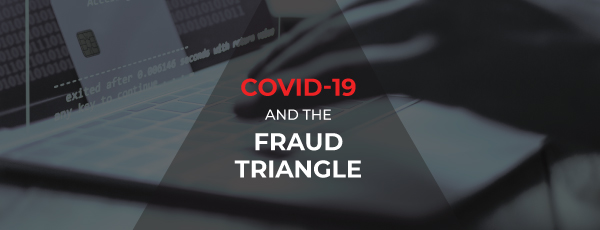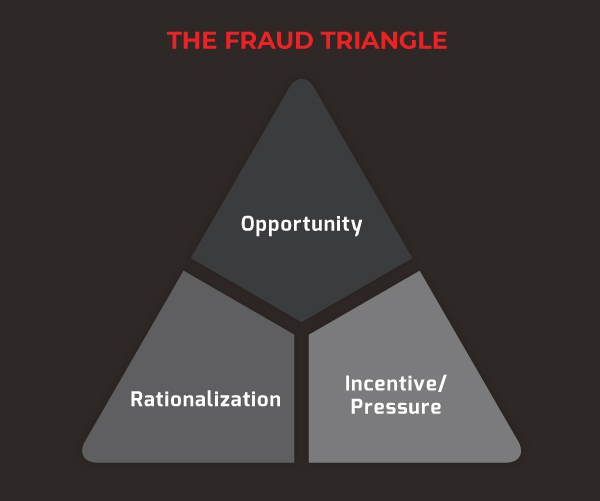A Grandmother’s Determination

In 1947, my Grandma Maggie was involved in a terrible car accident. While a passenger in an automobile heading to visit family, the car ran off a mountainside road near her childhood home in West Virginia. The car tumbled down the mountain and eventually ejected Grandma Maggie from the car. The car rolled on top of her and she lay there pinned under the car for many hours before another passing motorist saw the lights from the crash site. A group of young men were able to get to her, free her and the others, and take them to a hospital.
With her pelvis and hips crushed, she was advised by the doctors that she would never walk again. At the time Grandma was 40 years old and had three kids and a husband at home. My Dad was the oldest of her children and a senior in high school at the time. Determined as ever, Grandma was not going to let the doctors tell her she could not walk. As she lay in bed recovering for nearly six months, she managed to tie a rope around her foot so she could begin to pull her legs upward (one at a time) with her arms to get them working again. There was no physical therapy, no in-home doctor visits, just a will to live and overcome.
Here’s the thing. I never knew my grandma to not walk! She was determined and that determination and grit enabled her to overcome this life changing obstacle. As a kid and all through adulthood, I never heard her mention or complain about her hips, pelvis, or anything else. I never even saw her limp. I knew her as a very active grandma who could do just about anything, including help me skin squirrels, skin and butcher a deer, and clean and prepare a wild turkey (note here: she was actually much better at these things than my grandfather).
Attitude has everything to do with outcome!
We are in a very challenging time currently as the Covid-19 pandemic has affected every corner of our lives today. All of us need to adapt to the new dynamics today and all of us need to adopt a positive attitude that will see us through to the other side of this challenging time. We simply can’t let the effects of this pandemic define us in a negative way. Just as Grandma Maggie was determined to walk again, we need to press forward with a determined attitude to overcome.
All of you continue to be in my thoughts and prayers at this difficult time. As Grandma Maggie would say, “This too shall pass!”
God Bless,
Mark Lowers

